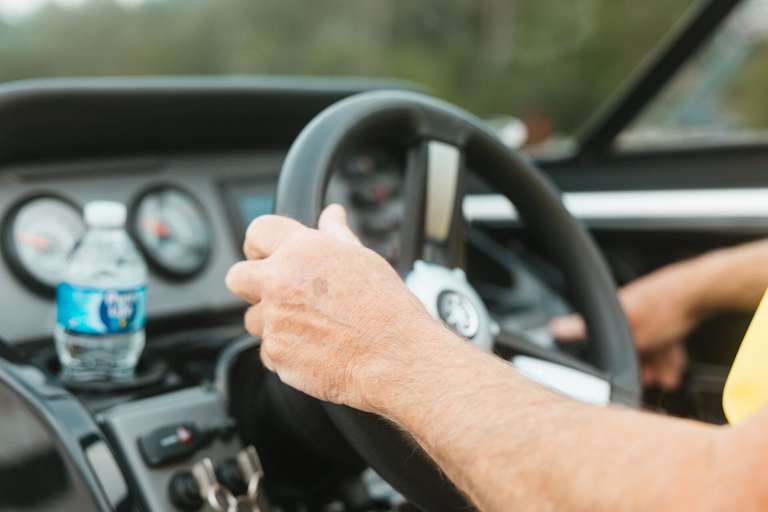Boat Fueling Requirements and Safety [A Guide]
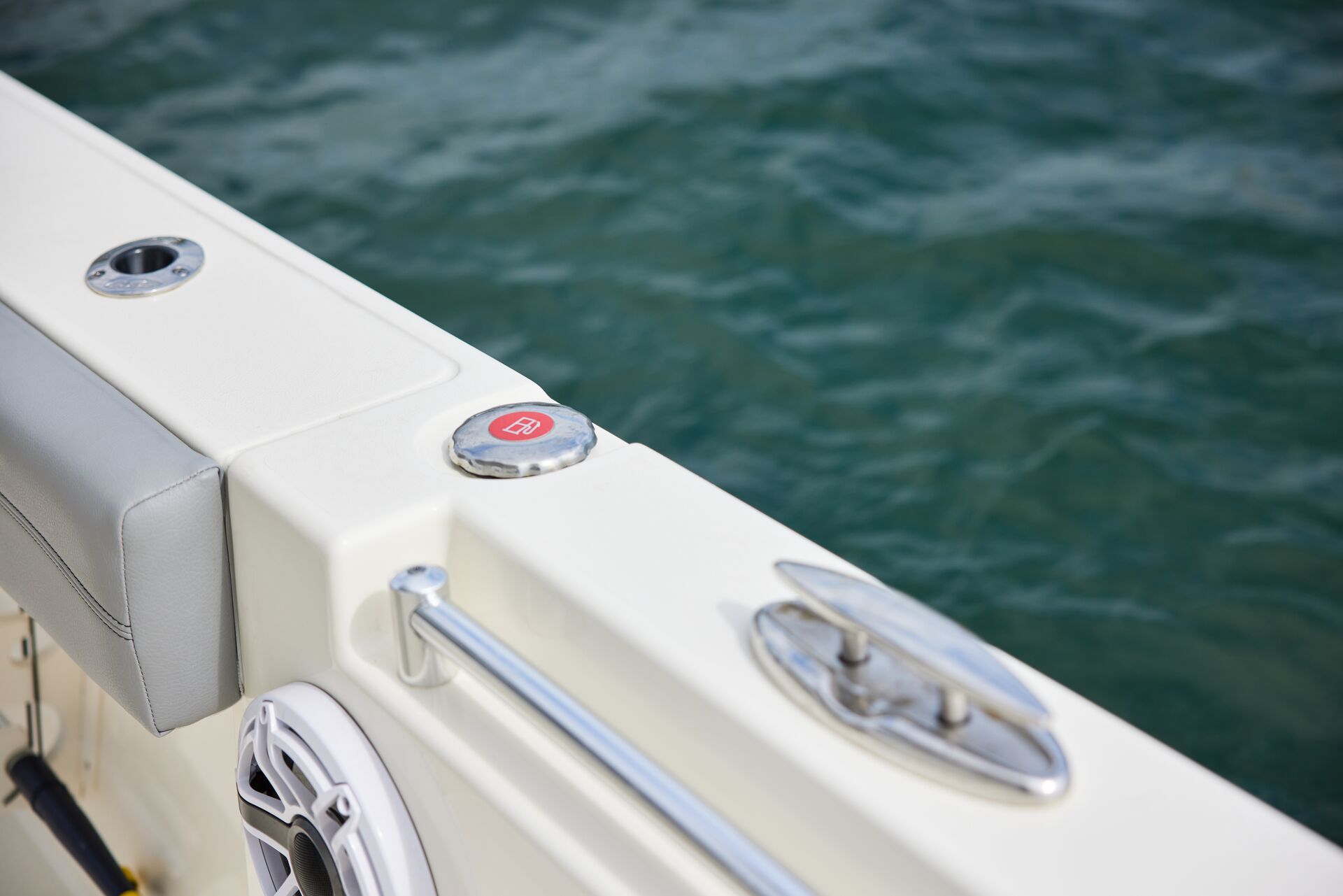
If you operate a car or truck, you know you have to put gas in it before the tank runs dry to avoid getting stranded on the side of the road.
So, putting gas in your boat probably makes sense as a normal "to-do" to take care of before heading out on the water for the day. You don't want to get stuck in the middle of the lake and run out of fuel.
However, while putting gas in your truck is a fairly routine practice, gasoline and the fumes from gasoline are the most common causes of boat fires and explosions. Caution is needed when fueling your boat to avoid spilling and causing or spreading fumes and flames.
What should you know about boat fueling and staying safe? Keep reading to find out!
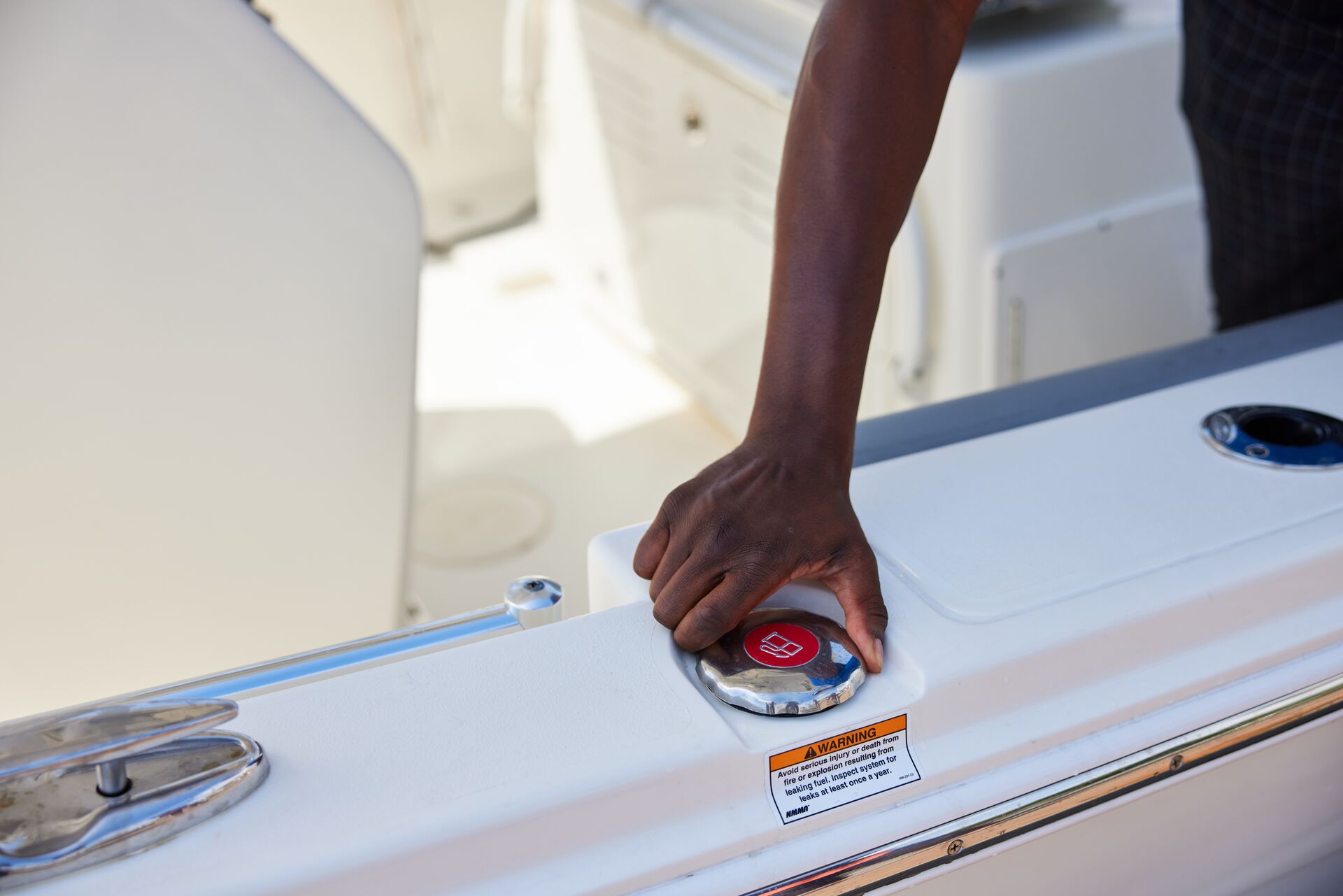
How to Stay Safe During Boat Fueling
It is important to take precautions when fueling your boat to ensure your safety and the safety of your passengers and boat.
Here are a few crucial tips to keep in mind every time you need to refuel:
- Always shut the engine off.
- Remove portable fuel tanks.
- Instruct passengers to step off the boat when fueling.
- Make sure no flames are present. No one should be smoking in the area.
- Turn off all electrical devices that could potentially throw sparks.
- Close all doors, hatches, and windows to ensure no fumes enter the boat.
- Open all doors, hatches, and windows as soon as fueling is complete; this will allow any fumes to escape.
With those preparations complete, you're ready to start fueling.
Adding Fuel to the Tank
When filling your tank:
- Hold the nozzle directly to the fill pipe. This will ground it and prevent static buildup.
- Always leave room for gas to expand — never fill the tank more than 90% full.
- Check to make sure gas tank air vents and valves are open.
- Tightly replace the gas cap after fueling to prevent vapors from escaping.
- Do a sniff test before starting the engine. If you smell fumes, increase circulation, and do not turn the engine on until you can no longer smell the fumes.
Inboard engines require a blower to be turned on for four minutes before starting the boat. This is essential to remove built-up fumes from the bilge.
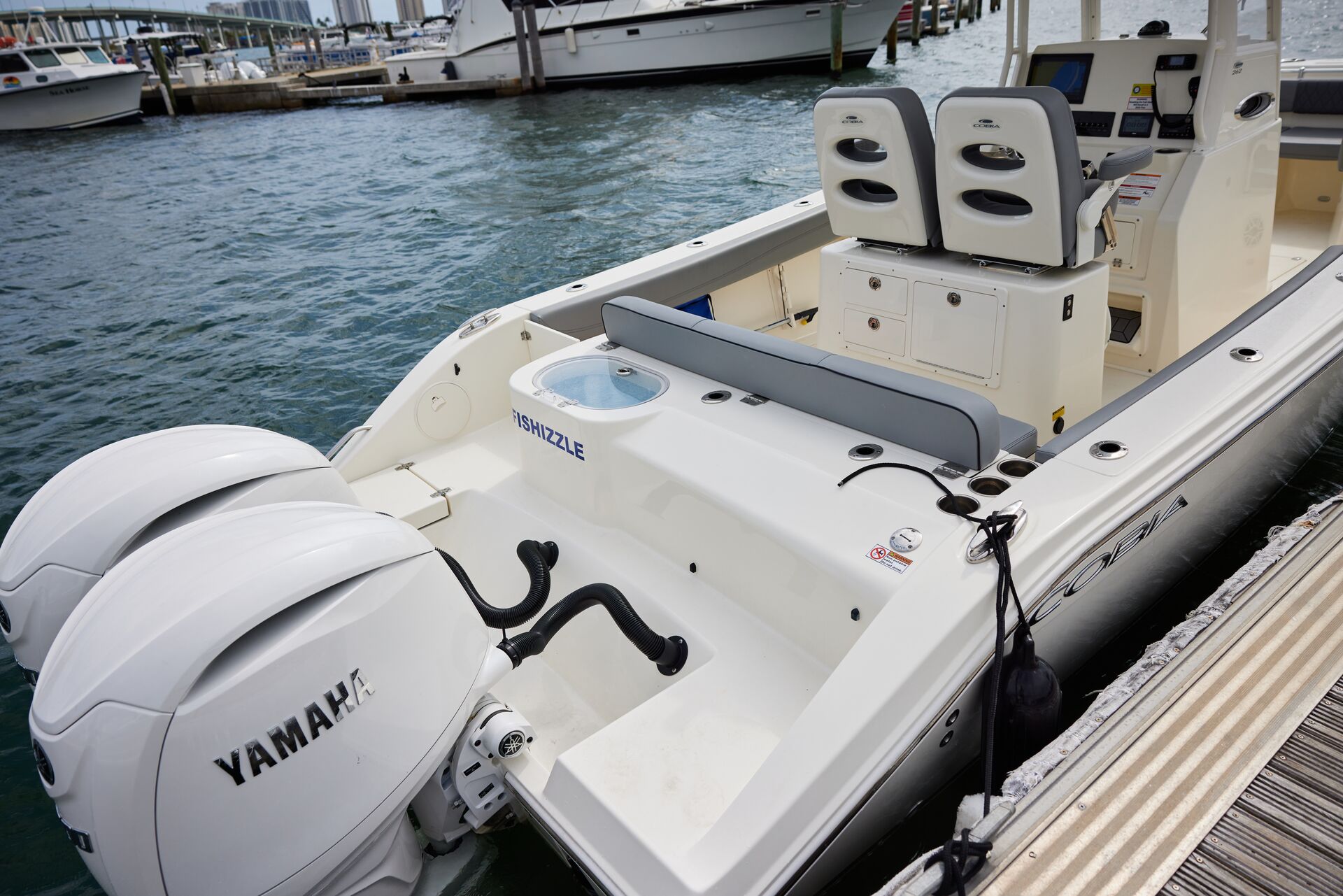
What About a Portable Fuel Tank?
Never fill a portable fuel tank while it is on the boat!
Remove and fill it at the fueling station. Once full, store the tank in a well-ventilated area away from all electrical equipment and the engine.
Be Mindful of Your Boat's Capacity and Condition
Gasoline can get expensive. However, you can do a few things to avoid using too much gas too often.
To conserve fuel:
- Understand your boat's capacity limitations and distribute weight evenly throughout the boat.
- Never overload the boat.
- Make sure the engine is appropriate for the weight and size of your boat.
- Stay up to date with preventative maintenance, including spark plug replacement.
- Make sure the propeller is suitable for your engine, and check it regularly for damage.
- Always drain the water from the bilge.
- Make sure your hull is clean, as it reduces friction.
Safely adding fuel to your boat's tank and keeping your boat in good condition (without overloading it) help you enjoy more adventures on the water.
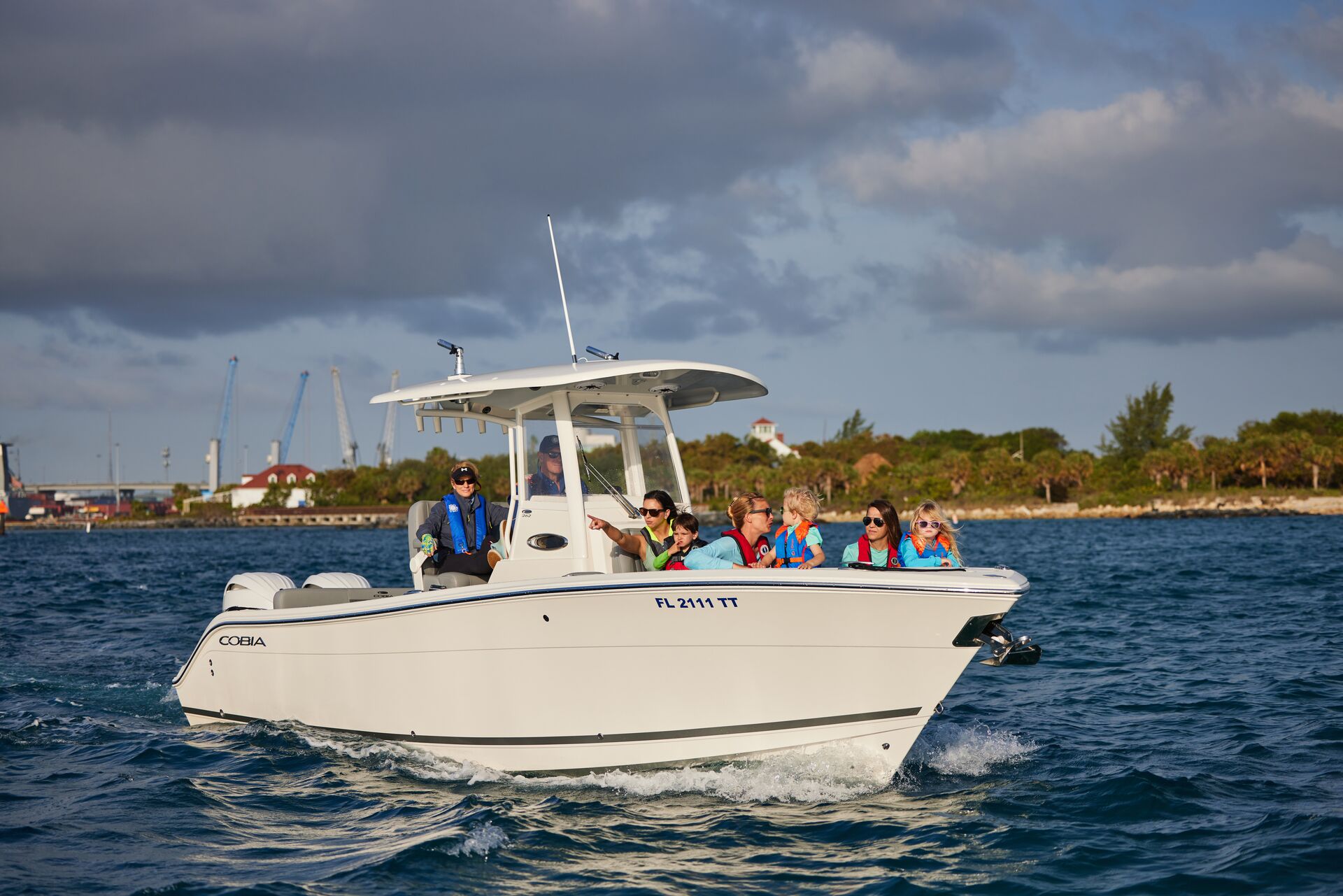
Learn More About Boat Safety with a Boater Education Course
Boat fueling is an important task to do safely before hitting the water, but it's only one of the many aspects of safe boating you need to know. Take the tips we provided today and keep them in mind the next time it's time to fill up!
But, before you launch from the dock, make sure you've also taken a boater education course to build your safety knowledge for boating and other water activities.
ilearntoboat is the fastest and most enjoyable way to learn boat safety online. Our courses cover everything required by your state to get you safety certified with a boater education card. You'll enjoy the gamified experience many people complete in about three hours.
Ready to learn? Choose the course for your state and get started!
First published in 2021. Content most recently reviewed and updated for accuracy and relevancy December 3, 2024.

